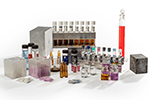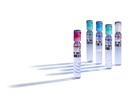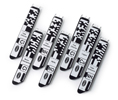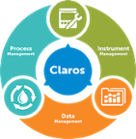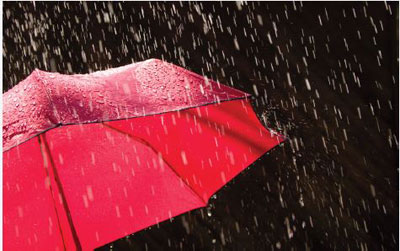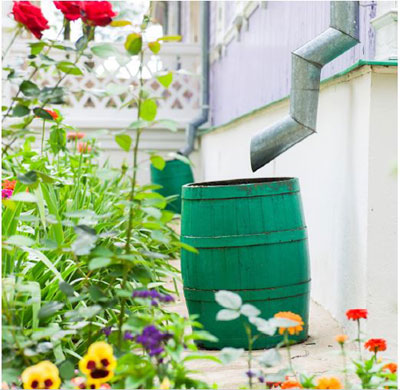
For the homeowner, rainwater harvesting can mean many things.
At its simplest, rainwater harvesting is the collection of rain in a barrel for watering plants, or it can extend to the development of a fully-independent home water supply. Interestingly, rainwater harvesting is a practice that starts small, but once engaged, homeowners and businesses are inclined to leverage further and further.
The outbreaks of waterborne illnesses, boil water advisories, and water infrastructure issues, safe water is top of mind – and so it should be. Contaminants can infiltrate wells and aquifers, and aging infrastructure can lead to increased risk of contamination. In fact, boil water advisories are becoming more and more common, even in large cities.
So, when planning your rainwater system, it’s smart to think ahead for what your goals might be down the road – considering not just your current needs, but also in the future.
What can you do?
Start collecting rainwater!
Rainwater harvesting offers a secure source of water, free of the chemicals found in municipal water and contaminants that can taint wells as a result of seasonal run-off, fracking, and mining. It allows you to take control of your water and ensure your family is safe from potentially contaminated water.
What's involved in harvesting rainwater?
Collecting rainwater is an essentially simple process that involves three steps:
-
Collection
Determine the collection surface for the rainwater (usually a roof) and how to best channel that water into the catchment container.
-
Storage
The size and type of catchment container will depend on several factors, including how much water you expect to collect and its end usage.
-
Treatment
While rain water is a relatively pure form of water, it still absorbs debris and biological contaminants from the atmosphere and collection surface, be it a roof, parking lot, etc. As a result, you need a filtration system to remove debris (leaves, dirt) and treat taste and odor issues.
There are multiple options to treat rainwater for microorganisms, but not all water purification technologies are created equal. The safest and most environmentally-friendly option is ultraviolet (UV) water purification.
Why treat rainwater with UV?
All rainwater used indoors should have some level of treatment, regardless of whether the intended use is laundry, flushing toilets, or drinking. Treating for biological contaminants is recommended, and the easiest way to ensure this water is safe for all uses is to treat it with ultraviolet purification.
How it works
UV water purification is a safe, natural, chemical-free way to treat water. Even chlorine-resistant microorganisms are made harmless through UV exposure. VIQUA’s UV systems install easily into existing water lines and provide clean, safe water to every tap in the house.
Water is purified as it runs through a stainless steel chamber containing a UV lamp. As water flows past the lamp, illness-causing microorganisms receive a lethal dose of UV light that attacks their DNA and alters their ability to reproduce. Harmful bacteria and viruses are deactivated, and the water is completely safe to drink.
Selecting a quality UV system
First of all, you will want to choose a UV system from a reputable manufacturer known for its high quality and reliable products, like VIQUA. Though there is infrequent need for replacement parts (other than the UV lamp), you will want to know that these are available on demand. And remember to rely on genuine replacement parts to ensure your system continues to operate to these same high standards. Check out UV systems that have been certified by an accredited testing organization, like NSF International and the USEPA.
Easy maintenance
Rainwater doesn’t contain any of the minerals (iron, magnesium, calcium, etc.) present in most ground water and is considered “soft” water. Water devoid of these minerals is ideal for UV purification as the softness reduces maintenance of the UV system. Changing the lamp annually should be the only maintenance required.
Our UV systems are also extremely economical to operate. A typical system uses the same power as a 40 watt light bulb.
Why harvest rainwater?
There are countless good reasons for collecting rainwater, from the environmental implications to the cost savings. But in addition to that, rainwater harvesting allows you to provide safe, chlorine-free water for your family. You can take comfort knowing you have control over your own water supply.
Not only that, but rainwater is soft water, which means it won’t leave mineral scale, there’s less mineral buildup in pipes which can extend the life of many water-using appliances, laundry is softer and fades less, and hair is shiny and soft. And, to top it all off, it tastes great!
About VIQUA
With over 600,000 installations around the world, VIQUA is one of the most recognized and respected brands of residential and light commercial UV water systems.


